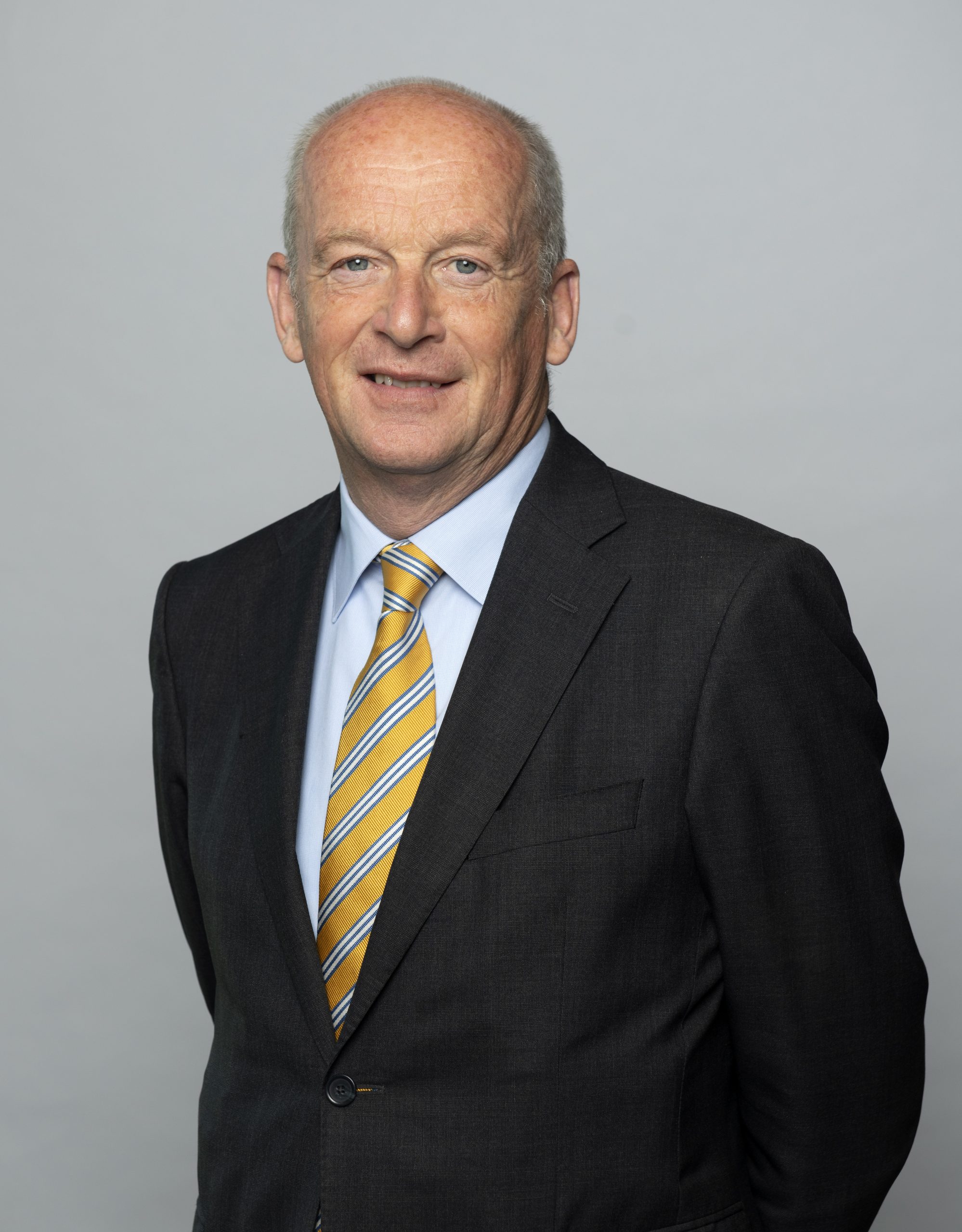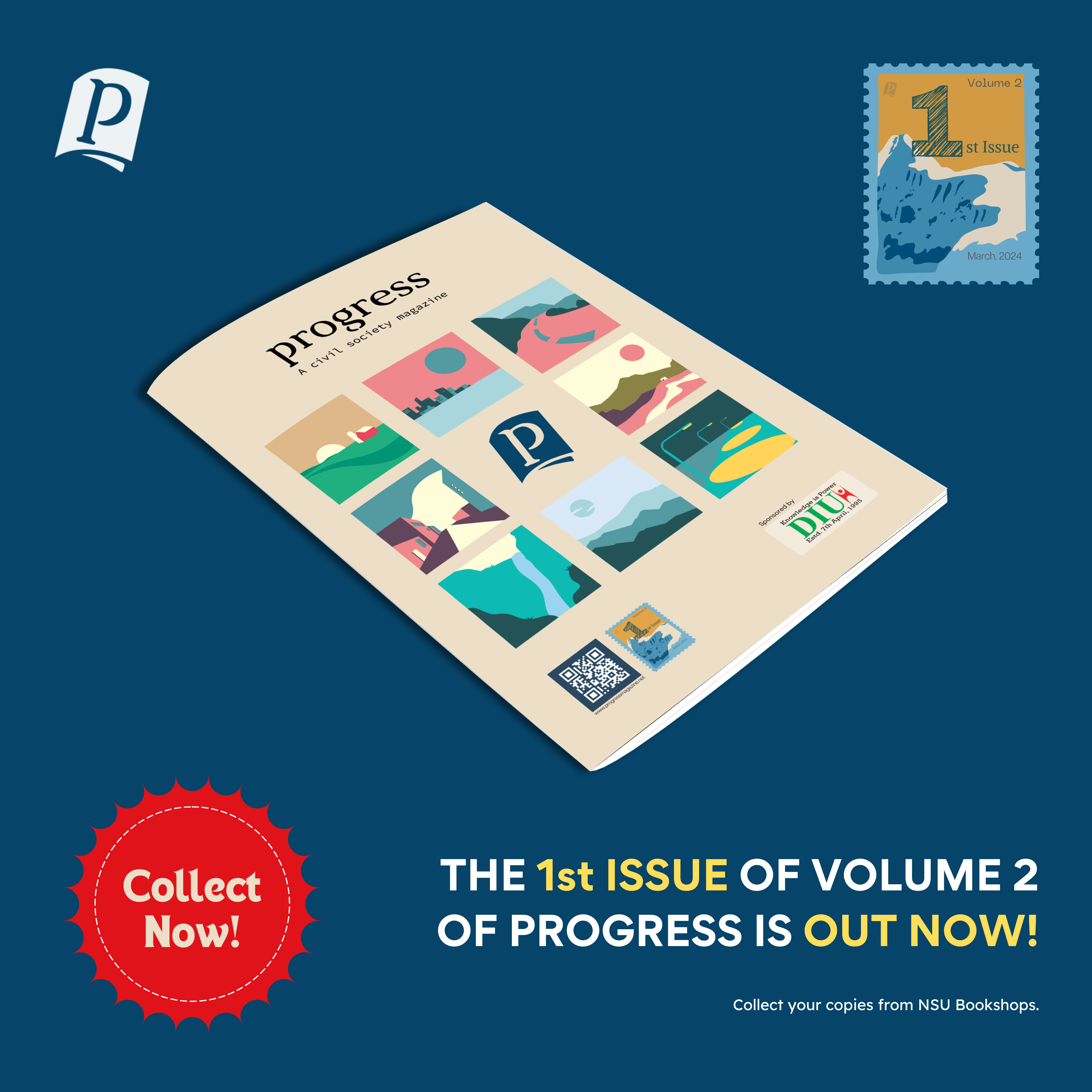Progress:
Thank you for agreeing to be interviewed by Progress, Excellency. The first question to you –
The Dutch presence in this part of the world could be traced back to the 17th century when Dutch traders arrived to establish trading posts and factories. The Dutch were among the pioneers with regard to foreign private investment in Bangladesh. Could you discuss the reason behind this robust economic cooperation between the two countries, why this partnership has flourished over the years and whether there are further plans in this area that readers might not as yet be aware of?
Ambassador:
Bangladesh has come a long way ahead following its independence: poverty has drastically declined, and governments in BD have, over the years, run successful social programs that improved literacy rates and had positive impacts on many socio-economic indicators. Therefore, despite recent challenges in Bangladesh, we see the potential for continued economic growth. Moreover, the country has a large and young population who are energetic, enthusiastic and bustle with creative ideas.
Despite these positive attributes, Bangladesh still ranks quite low on many indexes that cover ease of doing business and (perception of) corruption. The Netherlands will therefore continue to cooperate with Bangladesh to become a more attractive destination for sustainable and socially responsible economic activities, taking into account both the need for private-sector development and the identification of opportunities for the Dutch private sector. For example, the Netherlands, together with other countries, is working with Bangladesh to bring some of the achievements of the RMG sector to the national level. For instance, we are running a pilot project with the ILO and GIZ on Employment Injury Insurance. The idea is to demonstrate that it works in the RMG sector and then to roll it out on the national level as part of a comprehensive social security system.
Specifically, the Netherlands will support Bangladesh in improving safe working conditions and labour rights (incl. living wage and purchasing practices), capacity building in relevant agricultural value chains, business opportunities for women and skills development for young entrepreneurs.
Agriculture in Bangladesh has great potential for both Bangladesh and the Netherlands. By updating our understanding of the market, we aim to promote opportunities for NL businesses to support the sustainable transformation of Bangladesh’s economy. As the second largest agricultural exporter globally, with top positions in terms of transport, logistics and maritime industry, the Netherlands can bring proven innovation and technology to diversify the Bangladesh economy further.
Businesses go where they have opportunities, so we need to remove barriers and create opportunities jointly. We work with Bangladesh to improve market intelligence, market access and the ease of doing business.
Progress:
The Dutch Government provides development assistance to Bangladesh through grants and technical assistance. Bangladesh is one of the Netherlands’ 15 development cooperation partner countries, falling into profile 3 (‘broad-based relationship’), which covers countries experiencing healthy economic growth whose need for development assistance is likely to decrease over time. Excellency, would you please be able to comment on this matter?
Ambassador:
Bangladesh is a transition country for us. With the LDC graduation, our bilateral relationship with Bangladesh is shifting from traditional development cooperation towards a relationship of equal partners focusing on bilateral trade, investments and knowledge exchange. The engagement of the Netherlands in Bangladesh in the years to come will therefore focus on phasing out our development cooperation, maintaining our political relations and intensifying the economic relationship with Bangladesh. The Netherlands will remain a reliable partner for trade, investment and knowledge exchange, especially in water and agriculture. We will also intensify our engagement in capacity building in relevant agricultural value chains, business opportunities for women and skills development for young entrepreneurs.
Progress:
Excellency, water cooperation between Netherlands and Bangladesh is integral to the relations. Please let our readers know of BDP 2100 and any updates on such.
Ambassador:
We have indeed been collaborating strongly during the last decades on water management, for instance, in the well-known Bangladesh Delta Plan 2100 (BDP2100). The BDP 2100 is a long-term strategic plan and Bangladesh is now gradually increasing its efforts towards the implementation. Recently, the Netherlands and Bangladesh renewed a Memorandum of Understanding on Delta collaboration for another ten years. The MoU supports collaborations in Water Management, WASH, agriculture and food security, urban development issues, and climate. In the coming years, we expect to see increased collaboration towards circular agriculture and energy efficiency as a part of this. Our cooperation on Delta Management has further matured with Bangladesh joining the International Panel on Deltas and Coastal Area, which is a Dutch-Government-led initiative where Bangladesh can now share their experience as a champion member.
Progress:
The Netherlands has assured Bangladesh of its support towards the LDC graduation. Could you kindly elaborate on that?
Ambassador:
For sustainable LDC graduation, the Netherlands recognizes the need for transparency and accountability in strengthening good governance. The Netherlands supports civil society organizations that promote such values and facilitates an enabling climate for Bangladesh to be part of the rules-based international order. In 2022 and 2023, The Netherlands and Canada are co-chairs of the Media Freedom Coalition (MFC), a cross-regional partnership of countries to advocate for media freedom. The MFC was established in July 2019 and now comprises over 50 member states from six continents and is a cross-regional partnership of countries to advocate for media freedom. The collaboration with the MFC member states in BD was launched on the 9th of February, 2023, to promote media freedom.
Progress:
Could you elaborate on the extent of support the Netherlands has kindly extended on the Rohingya issue?
Ambassador:
More than a million Rohingya people have fled from Myanmar to Bangladesh since 2017. As the second largest donor of the UN Central Emergency Fund (CERF), the Netherlands has strongly supported the humanitarian response for these refugees in Bangladesh. Being the host country for the International Criminal Court and the International Court of Justice, the Netherlands is also promoting international accountability for the atrocities committed against the Rohingya in Myanmar. The Netherlands will continue supporting the forcefully displaced Myanmar nationals and also the local communities affected by the refugee influx.
Because the current conditions in Myanmar are still not good enough for them to return, it is even more important to find sustainable solutions for the refugees. Therefore, the Netherlands supports skills development and livelihood activities in Cox’s Bazar since this is key to keeping the refugees engaged and provided with a bit of hope and perspective. They will also be able to use these skills once they return to Myanmar. As one refugee recently said: “We will not be able to take anything once we return. The only thing we can take is education and skills.”
The Netherlands also supports Disaster Risk Reduction and climate resilience activities, as reforestation and other environmental rehabilitation activities provide excellent entry points for a dialogue with GoB on sustainable solutions.
As regards the international accountability processes: these procedures take a very long time. So, I don’t expect results anytime soon. While a potential ruling against Myanmar would be a very important recognition of the plight of the Rohingya, it will most likely not change much about the situation on the ground in Myanmar.
Progress:
To end it on a light note, tell us about a day in your life in Dhaka – when you work, places you visit for leisure, etc.
Ambassador:
My days in Dhaka are usually packed with meetings and visits, but whatever lies ahead, I always start my day with a cup of coffee. That’s a must; I need to say. I read books during the weekends and visit different places in Bangladesh to see birds and enjoy nature.











